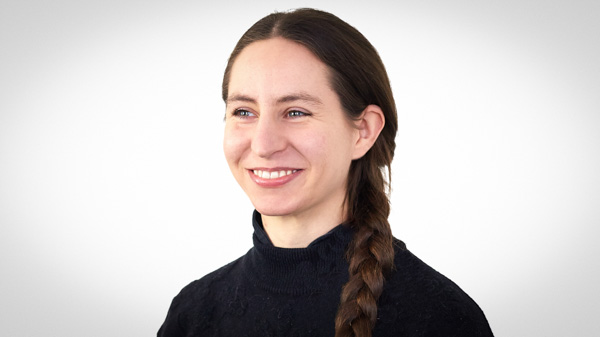Making sense of our connected world

Impressions from the i-KNOW
This year the i-KNOW conference celebrated its 15th anniversary with a diverse program. It included an opening keynote by Luciano Floridi on “Big Data, Small Patterns, Subtle Consequences”, an industry keynote by Pablo Mendes on “Cognitive Computing for the Masses with IBM Watson” and a closing keynote by Klaus Tochtermann on “Science in Transition: How important actually is Research Data Management?”. Overall the conference program reflected the research topics of the KNOW Center and additionally encompassed the Computational Life Sciences Day.
It is a pleasure to witness the growing interest in Science 2.0 and Open Science being reflected in, among other things, conference streams. At the i-KNOW I was particularly interested in the Science 2.0 & Open Science stream. It started off with a workshop on Open Digital Science and continued with a talk by Puneet Kishor musing on what happens when “A lawyer, a scientist and a kid walk into a makerspace”, followed by a series of interesting talks that offered various points of view on research issues related to Science 2.0 and Open Science.
I had the chance to present my paper on “Collaborative Writing in the Context of Science 2.0” in which I examine the usage of digital technologies in the process of collaborative writing among researchers in Germany. In the paper I show that researchers use a mixture of different writing strategies and that they tend to use the same tool for different writing strategies. Additionally, I discussed researchers’ attitudes towards online text editors.
This post is part of a weekly series of articles by doctoral canditates of the Alexander von Humboldt Institute for Internet and Society. It does not necessarily represent the view of the Institute itself. For more information about the topics of these articles and asssociated research projects, please contact info@hiig.de.
This post represents the view of the author and does not necessarily represent the view of the institute itself. For more information about the topics of these articles and associated research projects, please contact info@hiig.de.

You will receive our latest blog articles once a month in a newsletter.
Research issues in focus
The Human in the Loop in automated credit lending – Human expertise for greater fairness
How fair is automated credit lending? Where is human expertise essential?
Impactful by design: For digital entrepreneurs driven to create positive societal impact
How impact entrepreneurs can shape digital innovation to build technologies that create meaningful and lasting societal change.
Identifying bias, taking responsibility: Critical perspectives on AI and data quality in higher education
AI is changing higher education. This article explores the risks of bias and why we need a critical approach.




